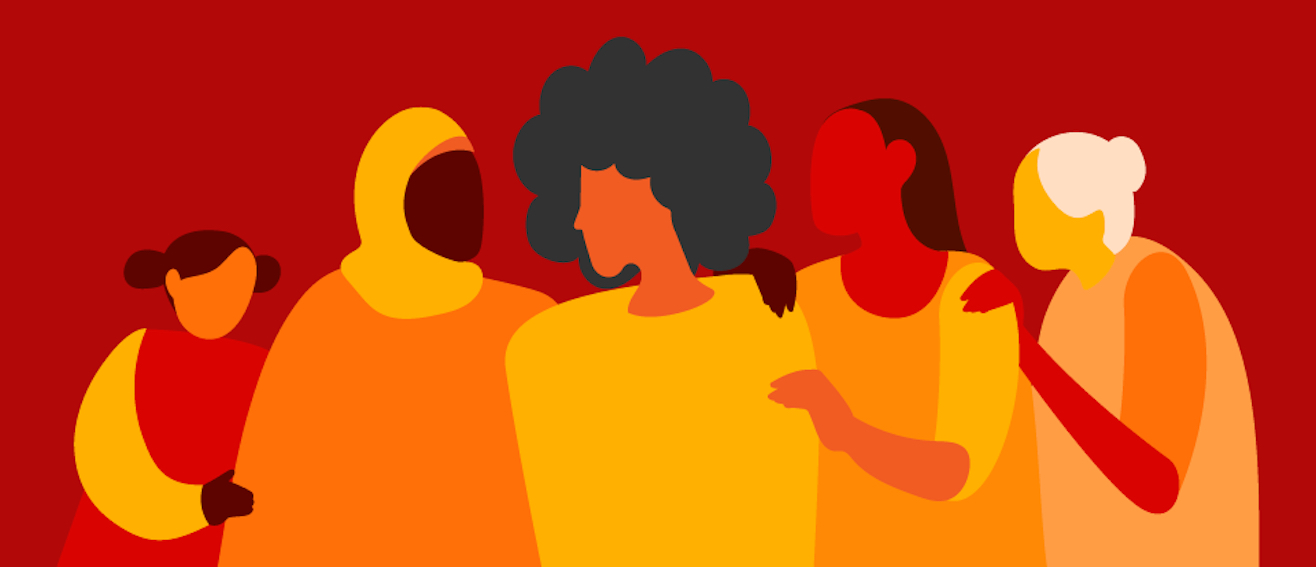
Tackling violence against women and girls - LSBU advice, support and guidance
Report an emergency
To report an emergency on campus you can call the LSBU emergency number, 020 7815 6666.
SafeZone app
All LSBU students should use the SafeZone app when they are on campus to:
- Report an emergency if their personal safety is threatened or are injured.
- Request medical assistance from a qualified first-aider.
- Contact your local safety team / campus security for a safety escort after dark or to report suspicious activity.
Student wellbeing
If you have been affected by recent events, support is available and you are not alone. Talking to other people can be very helpful – and if you’d like to speak with someone at the university you can contact the Student Wellbeing team via studentwellbeing@lsbu.ac.uk for a confidential space to talk and be heard.
Make a report
If you have concerns about hate, harassment, and/or violence including sexual violence and would like to find out more about your options for support and reporting, both at LSBU and your external options, visit https://reportandsupport.lsbu.ac.uk/ for further information and advice, and to link in with LSBU specialist teams.
How can men help?
We've compiled a list of eight things men should do to make women safer and feel safer. We encourage our male students to use the following guidance to be supportive allies to women to help reduce crime and fear of crime. This practical guidance for men was created and first published by North Wales Police and Crime Commissioner, Domestic Abuse Safety Unit North Wales and Rape and Sexual Abuse Support Centre North Wales.
- Keep your distance - When walking behind a woman at night, remember that the closer you are, the more threatening you seem. So make sure to leave a good amount of distance between yourself and her.
- Alert women to your presence, but not by engaging in conversation - Approaching a woman in silence can provoke fear and panic. If you’re behind a woman and she cannot see you, make some noise to let her know you aren’t sneaking up behind - call a friend, jingle keys – basically make any noise to draw attention to yourself.
- Offer to walk friends home - A stranger wouldn’t appreciate an offer from an unknown man to walk her home. But a friend might. Whilst you might think a route is safe or it’s only a short walk, having a male presence is sadly a valuable tool in warding off unwanted attention.
- Talk to other men - Whilst staying away from women and being helpful to your female friends is all well and good, violence towards and harassment of women is a problem ingrained in our society. The true solution is changing the way that men treat women and this means calling out your friends and other men when they cross the line. If you want true and meaningful change, bring up the fact that 97% of young women have experienced sexual harassment next time you’re with your male friends.
- Don’t run up from behind - Having someone run up behind you at night can give anyone a fright, but for a woman it can be terrifying. Next time you’re out for an evening jog and see a woman walking ahead, cross the road or make sure to leave a good amount of space while passing.
- Don’t stare - If you’re by yourself, being stared at is intimidating and unsettling. Taking out your phone and focus on something else can go a long way to showing you’re not a threat. Look out the window to focus on something else or call a friend for a chat.
- Keep your friends in line - You may not harass women, but if you stay quiet while your mates do then you’re part of the problem.
- Be an active bystander - If you notice a woman is uncomfortable with someone’s behaviour, show your support by being an active bystander. It can be as simple as standing between a woman and her harasser to block their line of sight. Ask her if she is OK, and back up anyone else who is intervening. We will be arranging LSBU Bystander Training with more details to follow. The training will explore different methods you can: use to support someone who’s being harassed, emphasise harassment is not okay and demonstrate to people that they have the power to make our communities and workplaces safer.